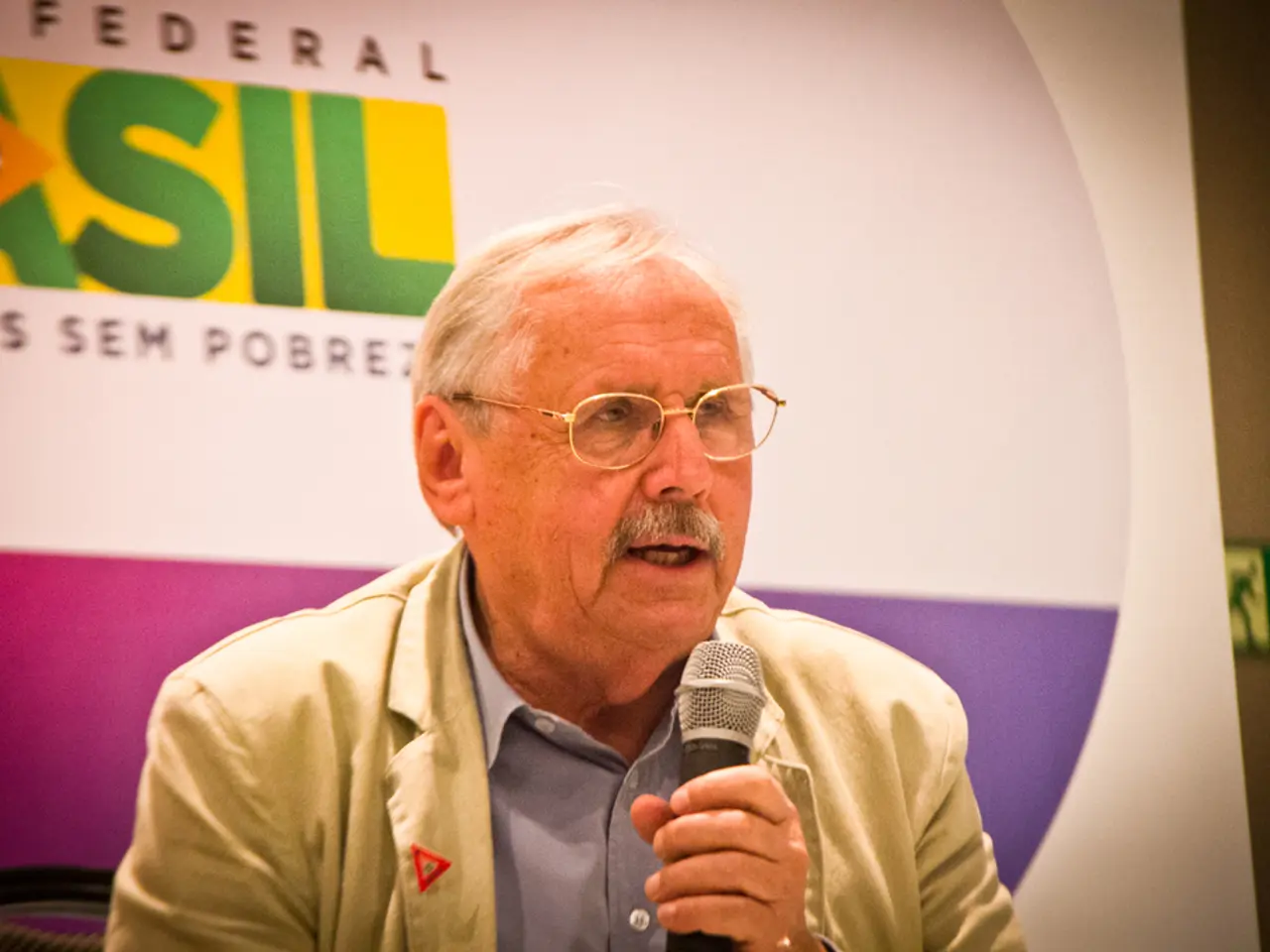India seeks connections with Syria's fresh regime.
India Engages with Syria's Interim Government
India has officially recognised and established diplomatic ties with Syria's interim government, led by Ahmed al-Sharaa, who came to power in December 2024 following the toppling of Bashar al-Assad's regime. In late July 2025, India sent its first official diplomatic delegation to Damascus to establish contacts and understand the new regime's priorities.
The meetings between Indian officials and Syrian counterparts focused on enhancing health cooperation, technical and educational collaboration, and laying the groundwork for humanitarian assistance and future reconstruction efforts. This outreach is part of India's strategic move to remain a key player in Syria's post-conflict rebuilding and maintain its historic ties in the region despite the political changes.
Muddassir Quamar, an associate professor at the Centre for West Asian Studies at Delhi's Jawaharlal Nehru University, stated that India's outreach reinforces its image as a nonaligned power willing to engage with diverse regimes to promote stability. Anil Trigunayat, a former Indian diplomat, echoed this sentiment, stating that India must engage with all partners in West Asia, including Syria, regardless of any strategic vacuum.
India's engagement with the new regime is a step towards strengthening regional stability and preventing Syria from becoming a haven for extremist groups. Shanthie Mariet D'Souza, executive director of Mantraya, emphasised that India has multiple strategic interests in Syria, including safeguarding the interests of remaining Indians and maintaining ties with the new regime. D'Souza also pointed out that any assistance in the form of reconstruction and humanitarian assistance would be welcomed by the new Syrian regime.
Trigunayat noted that Iran's hold over Syria is weak, but Turkey's influence over Syria's interim leader, Ahmad al-Sharaa, is significant. This complex regional dynamics, including Turkey's support for the interim leader and its sometimes adversarial stance toward India, have not deterred India from engaging with the new regime. D'Souza mentioned that by establishing an early relationship with post-Assad Syria, India protects its interests and reduces the risk of a strategic vacuum.
The conflict in Syria, particularly the significant sectarian conflict in Sweida, has caused widespread devastation and instability in the country. A stable Syria is critical for India's economy, ensuring secure trade routes and energy corridors, particularly as it deepens ties with Gulf states and navigates tensions involving Iran.
In summary, India's relations with Syria's interim government are currently constructive and growing, centred on cooperation in humanitarian, educational, and technical domains. India's engagement aims to preserve its regional influence and contribute to Syria’s rehabilitation following years of conflict.
- India's engagement with Syria's interim government is not only aiming to preserve its historic ties in Asia but also to remain a key player in the international politics and economy of the region, particularly during Syria's post-conflict rebuilding.
- A stable Syria, free from extremist groups and sectarian conflicts, is crucial for India's economic interests, ensuring secure trade routes and energy corridors, not just with Syria itself, but also with the Gulf states.
- Given the complex regional dynamics, including Turkey's influence over Syria's interim leader and its sometimes adversarial stance toward India, India's strategic move to engage with the new regime in Syria is seen as a step towards strengthening regional stability and reducing risks of strategic vacuums.








